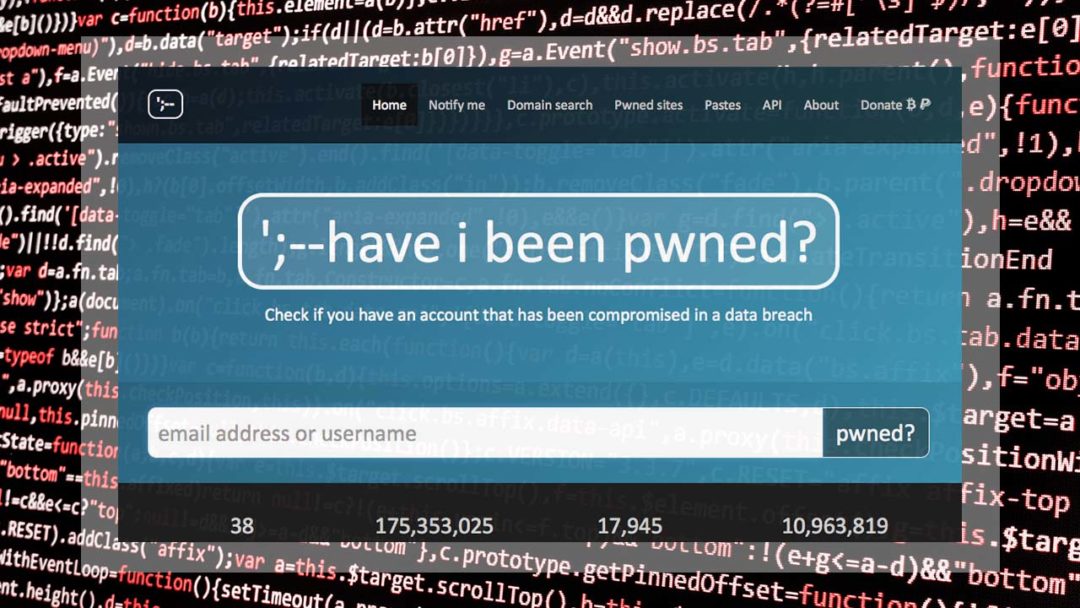It’s 2018, and phishing emails are just an expected part of life for email users around the world, containing all manner of malware within concealed links and dodgy attachments. Most of us can recognise poorly spelled phishing emails that lack any real context, but what happens when something more complex hits your inbox? What if a cyber criminal emailed you your password – a real password you’ve used – and told you that they had compromising videos of you and more? What if they said that unless you pay a Bitcoin ransom, they would share this incriminating footage with everyone on your contacts list? That’s exactly what has been happening to thousands of Irish users, to both personal and corporate email addresses.
How to Check If Your Business or Personal Email May Have Been Compromised
It’s 2018, and cyber crime is on the rise. It seems every other week there is another data breach or cyber attack somewhere in the world, and many people are rightfully apprehensive that they may be hacked too, or even that their details may have been exposed online through a breach of a service that they use. What if your email and password were compromised in the Adobe breach in 2013, the Yahoo breach in 2016, or the LinkedIn breach in 2012? What if your email had been obtained online and sold to cyber criminals as part of a spam list, such as Exploit.In, or the Anti Public Combo List, both discovered in 2016? If so, you may be at risk of hackers gaining access to your accounts, or even committing identity fraud against you. Luckily, security researcher and Microsoft regional director Troy Hunt has developed a database so that you can check to see if you’ve been compromised – so you can secure your online presence again.


